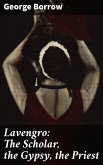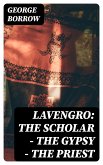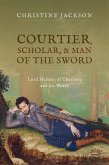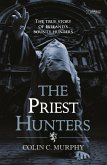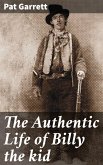In "Lavengro: The Scholar, The Gypsy, The Priest," George Borrow weaves an intricate tapestry of 19th-century English life through the lens of a young scholar's adventures. This semi-autobiographical novel is characterized by its rich, lyrical prose and vivid character portrayals, notably the enigmatic Gypsies and spiritual figures that populate the narrative. Borrow's style, marked by a fervent enthusiasm for linguistic diversity and cultural authenticity, reflects his fascination with marginalized communities, deftly capturing the essence of their experiences amidst the rigid societal norms of Victorian England. The narrative flows seamlessly between personal anecdote and philosophical reflection, offering readers a glimpse into the complexities of identity and belonging. George Borrow, a passionate linguist and traveler, was deeply influenced by his encounters with the Romani people and other cultures during his extensive travels across England and Europe. His commitment to understanding and preserving their language and traditions stemmed from a profound respect for their way of life, often at odds with mainstream Victorian values. This background not only enriches the text but also underscores Borrow's belief in the power of storytelling as a means of cultural preservation and empathy. "Lavengro" is a compelling read for those interested in the intersection of culture, language, and personal identity. With its beautifully crafted prose and deep philosophical inquiries, the book invites readers to explore not only the narrator's journey but also their own understanding of the world. Borrow's work resonates with anyone drawn to the complexities of human experience, making it an essential addition to the canon of English literature.
Dieser Download kann aus rechtlichen Gründen nur mit Rechnungsadresse in A, B, BG, CY, CZ, D, DK, EW, E, FIN, F, GR, H, IRL, I, LT, L, LR, M, NL, PL, P, R, S, SLO, SK ausgeliefert werden.



